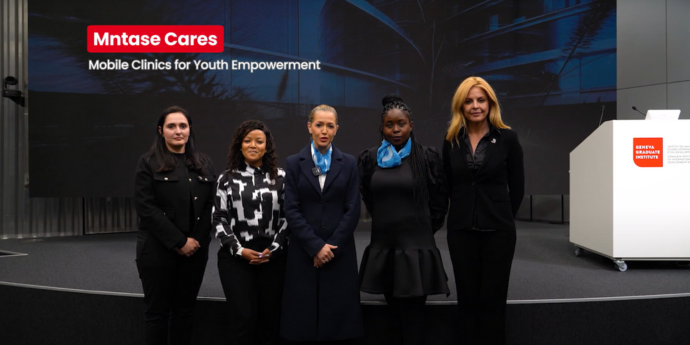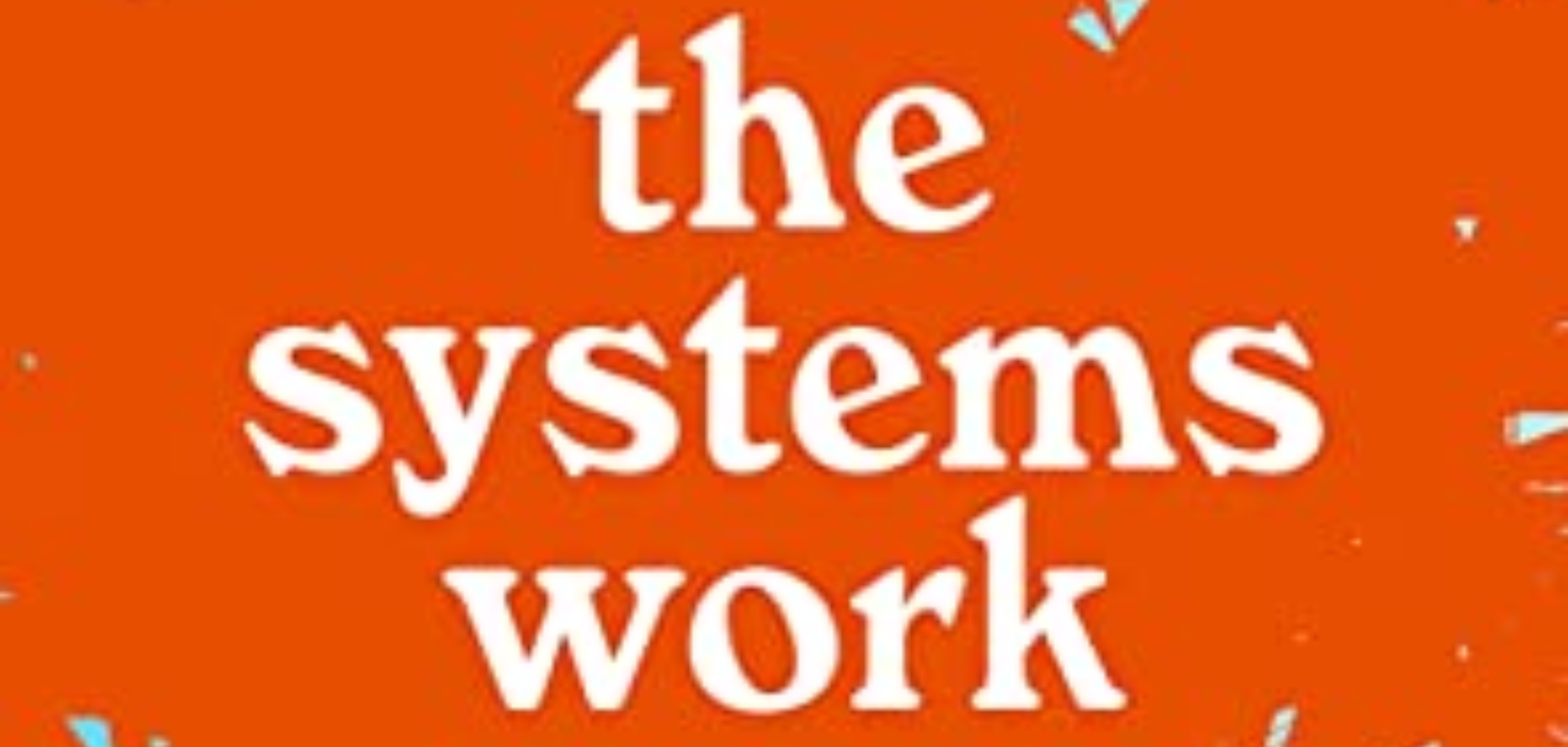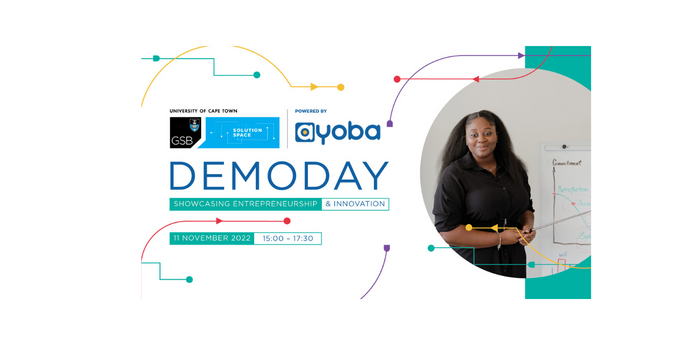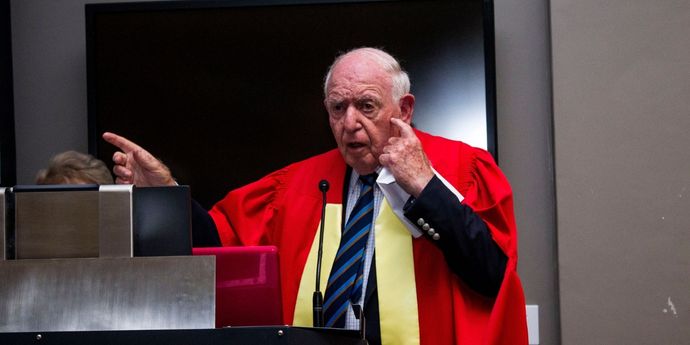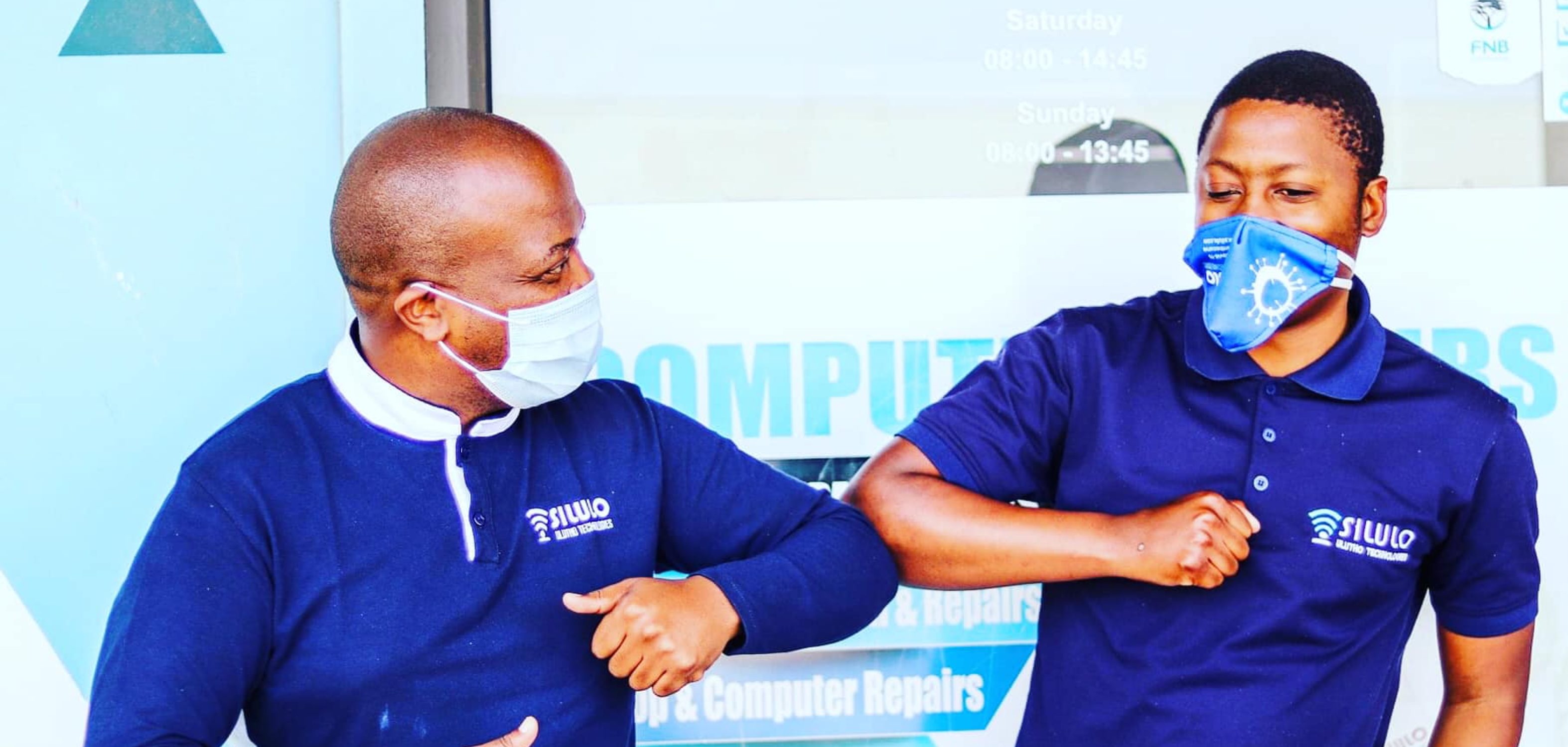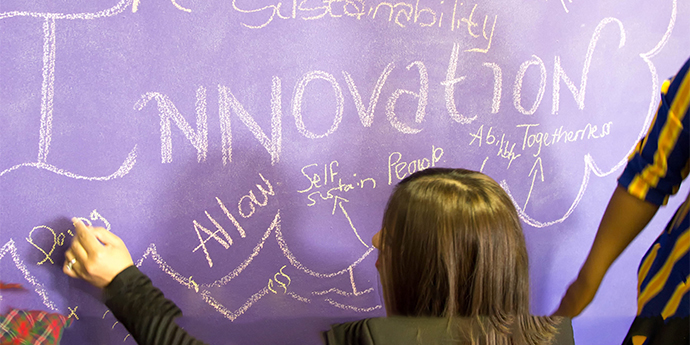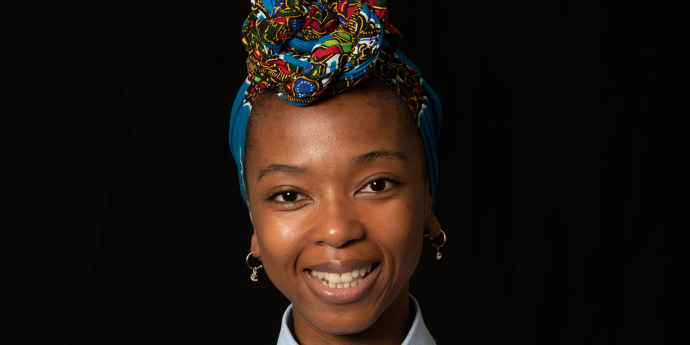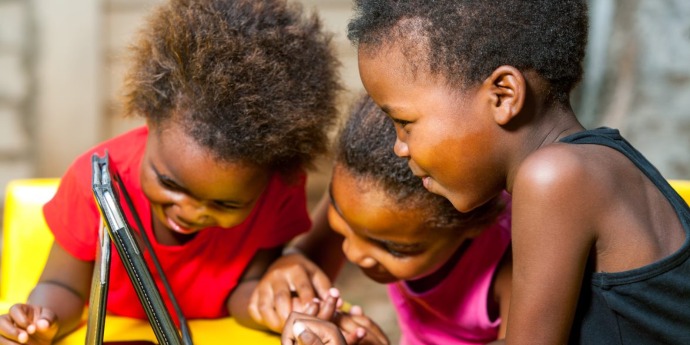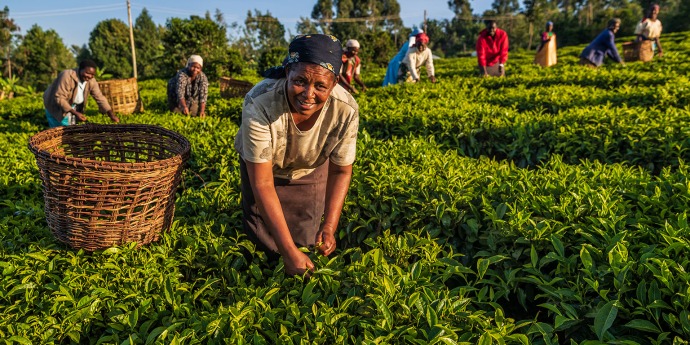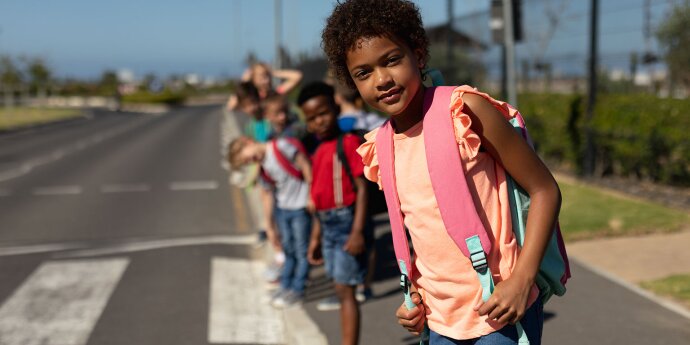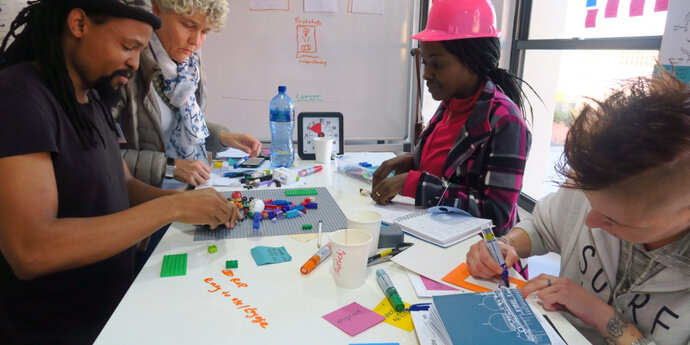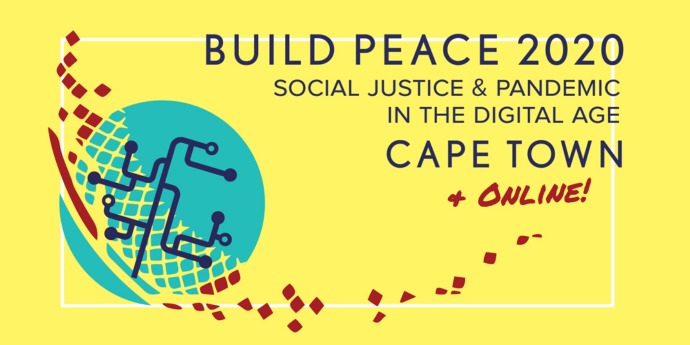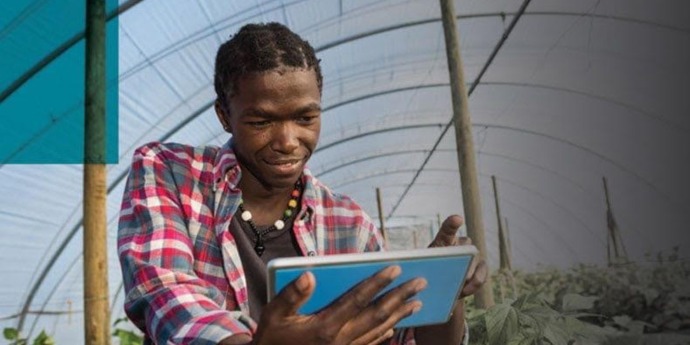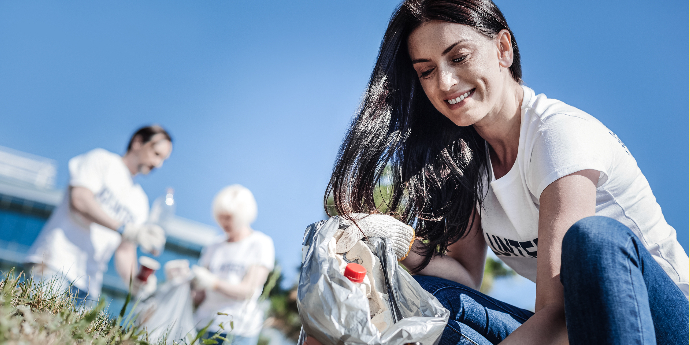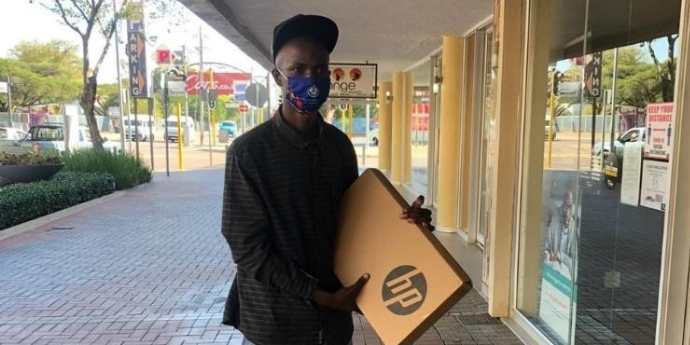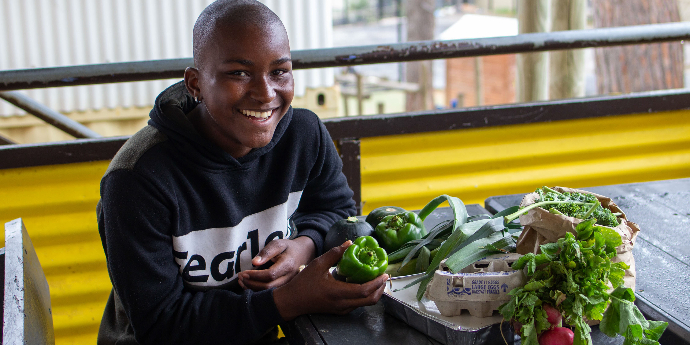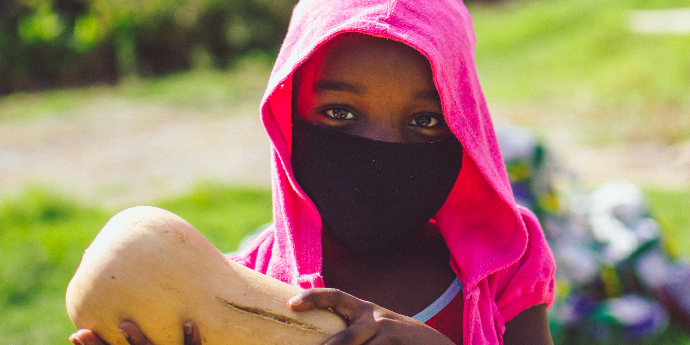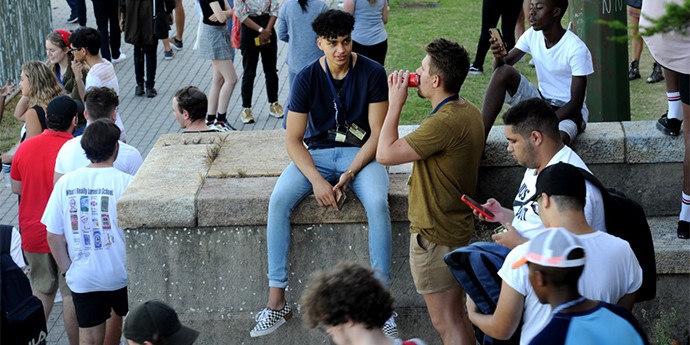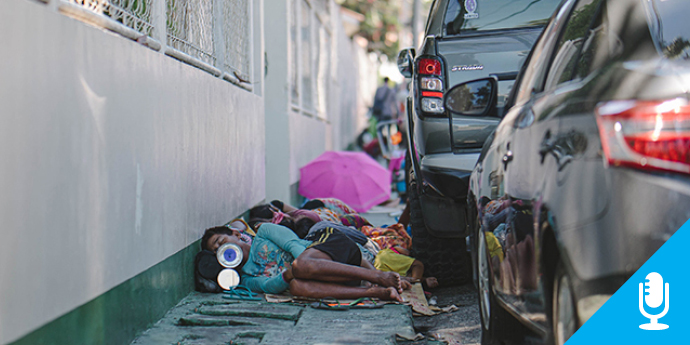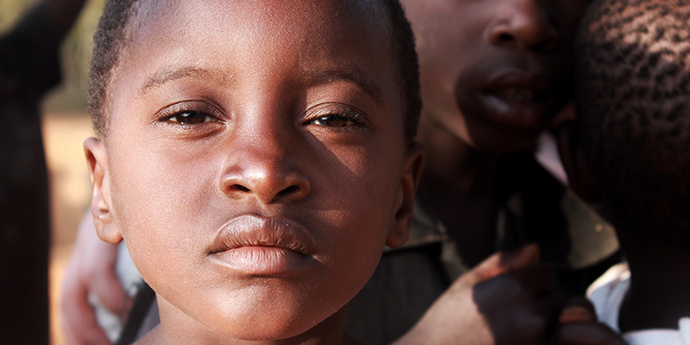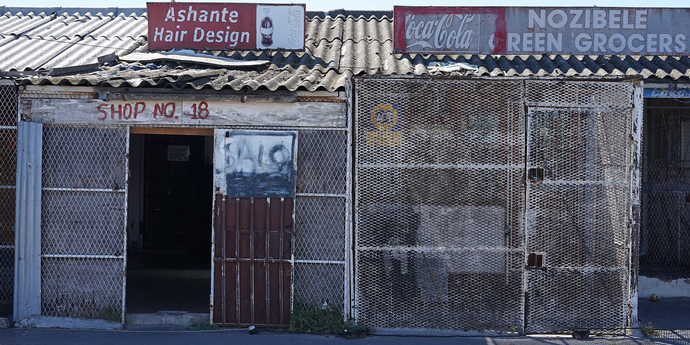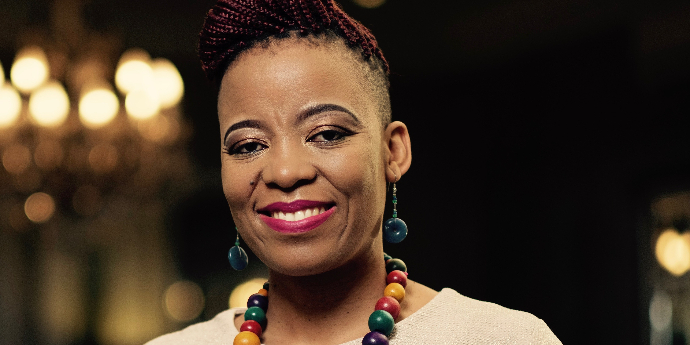Low attendance rates and lost school time are signalling a looming skills crisis for the country, as high numbers of young people are likely be lost to the education system and the economy across the next year. To solve this, we need to act together, and we need to do things differently.
BY Luvuyo Maseko and Dr Solange Rosa
While the full effects of the COVID-19 pandemic are yet to play out, one clear casualty of the past nine months has been the youth. If young people were disadvantaged at the start of the pandemic, they are now even more so — and nowhere do we see this more vividly than in the education sector where sagging school attendance rates and lost school time are helping to fuel the inequality gap in the country.
Data collected in June and July as part of the NIDS-Cram survey looking into the effects of the pandemic on the basic education system, shows that attendance rates at schools, even among the grades that were officially “open” back in June 2020, were significantly lower than usual. What’s more, this is impacting on poorer households disproportionately. Among learners in grades "not yet open" — where schools could apply for permission to reopen — respondents in the wealthiest 10% of households were three times more likely to report that children were attending school than those in the poorest 80%.
The survey estimates that most grades have lost up to 40% of school days in 2020 and highlights that poor access to computers and unstable home internet connections have meant that online learning has not been possible for most schools over lockdown. Learners have also lost the social protection and nutritional support they may otherwise have enjoyed at school.
International studies have shown that these types of learning losses are predictive of lifelong outcomes, including educational attainment and labour market performance. And they are likely to fuel the country’s already high school dropout rates. In South Africa research has shown that falling behind is a key determinant of school dropout, even after controlling for school quality and socio-economic status. Indeed figures recently released by the Department of Basic Education (DBE), appear to confirm this. The country’s already very high dropout rate, which is in excess of 50%, is likely to climb further in 2020 due to the impact of the pandemic, even with the additional 5% mark adjustment in up to three subjects and maths condonation all learners are to receive this year.
Aside from the human cost implied in these numbers, the lost hopes, dreams and plans for a better life of individuals and their families, they represent tragic loss of human capital which, in turn, translates into a crisis for the economy. Youth unemployment is already unsustainable. Around 55.2% of people aged 15 to 34 are unemployed, using an expanded definition of unemployment that includes unemployed people who have given up looking for work, and nearly 7.5 million are not in Education, Training or Employment (NEETS).
There is no silver bullet for these issues facing our young people, and no one single individual or entity can solve all these problems. What is required, is a multi-sectoral, systems-wide effort that looks to build on strengths, works from evidence, and leverages off existing opportunities so that holistic development can be achieved. If we want to reverse this trend, we need to act swiftly, decisively and collaboratively — and we need to do things differently.
The private sector is already spending heavily on investment into education — in 2019 Trialogue reported that CSI spend on social investment was upwards of R10,2 billion with the largest portion of this being for education — but more could be achieved if this spending was targeted smartly and by understanding which systemic levers need to be pulled in order to reduce the high dropout rates.
It is widely accepted amongst researchers operating within the education space that school dropouts are influenced by several interrelated factors including, in South Africa, little or no adult support, teenage pregnancy, multi-dimensional poverty, and school culture, to name a few. Funding initiatives that address these underlying issues could help to reverse the trend.
The public sector has a role to play here too. In response to the increase in learners dropping out of school this year as a result of the pandemic, DBE could implement initiatives to identify these additional learners and try to get them back into the education and training system in 2021. Major youth employment initiatives such as the 300 000 teacher assistant programme being rolled out by DBE is highly welcomed. But more needs to be done.
Specifically, the public sector could work harder to reach out to the many civil society and social purpose organisations carrying out important and impactful work in and around schools to support the holistic developing of learners. A 2019 report by the Kagiso Trust indicates that there were just over 200 000 registered NPOs in South Africa, the vast majority of which focus on youth development. Currently too many of these initiatives sit on the periphery, but so much more could be achieved if they were integrated into core operational plans of the schools and those of the educational districts in which the schools are located.
Civil society organisations could also do more to collaborate and mobilise around outcomes to ensure that the underlying conditions that lead to school drop-out are addressed holistically. For example, an organisation focused on literacy, could look to partner with an NGO looking to address gangsterism (which is often considered a pull factor) within an area; thus creating a more holistic ecosystem of support around young people
Multisectoral initiatives such as the YD Co-Lab, led by Enke: Make your mark, which look to both map the youth development ecosystem and foster collaboration between organisations and individuals who work towards advancing youth development and empowerment can play a significant role here.
The importance of these kinds of systemic collaborative platforms, has never been more apparent. If nothing else, the pandemic has shown us that we live in an interconnected world. The impact of lockdowns on individuals, especially in poorer areas, will have an impact not just on their lives but on our economy and our society, playing out in ways that we may not be able to predict.
In a complex system, fixing a problem in isolation will never be successful. We need to come together and bring multiple actors and perspectives to bear on the challenge facing young people in this country. We need to break out of our silos and try new approaches in order to make sure that the youth are able to transition from education to employment and make a meaningful contribution to their own lives and the lives of others. The African proverb, “If you want to go quickly, go alone. If you want to go far, go together,” has never been more relevant.
Luvuyo Maseko is Project Manager Youth Innovation at the Bertha Centre for Social Innovation and Entrepreneurship, a specialised centre at the UCT Graduate School of Business. Solange Rosa is the Director of the Bertha Centre.

